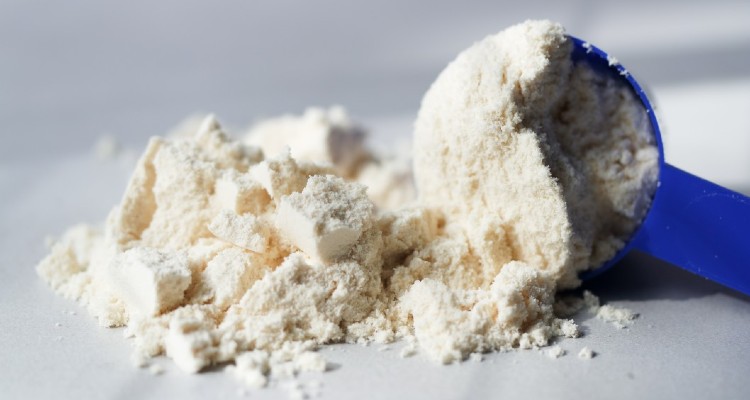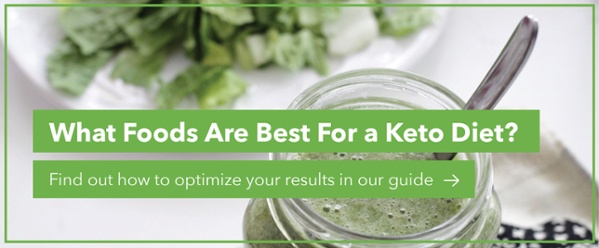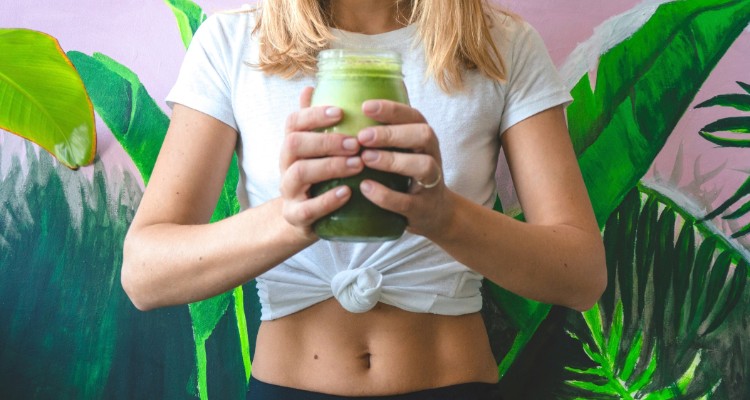
Alternative sources of protein started to take off in the 1970s and ‘80s when bodybuilding became popular. Since then, we’ve discovered many reasons to use alternative proteins other than enhanced muscle recovery and protein-loaded calories.*
Athletes are not the only ones looking to take advantage of high-quality protein powder. Many vegetarians and vegans are on the lookout for viable protein sources. Of course, they can get most of what they need through protein-rich vegetables, beans, and legumes, but they might also augment their protein intake without increasing their legume consumption. For vegans, it’s even more difficult because dairy proteins are not an option.
Some people like to use whey or hemp protein as a meal replacement, especially those trying to manage their weight. These options allow them to get the proteins they need without the added calories you get from animals. There are advantages to using animal proteins, of course, but moderation is key. Some people use protein powders just to reduce their red meat intake.
When beef, pork, and poultry prices are high, some people may want to supplement meat with a ready-made protein source. For others, it’s a matter of convenience. A quick fruit smoothie with adequate amounts of whey or hemp protein is healthy and faster to prepare than a full-fledged meal.

Whey Protein 101
Whey protein has been popular for many years as a staple of athletic protein powders. The right whey should be a complete protein with both essential and non-essential amino acids that support the immune system, muscle mass, and tissue recovery after workouts.*
How Whey is Made
Whey is a cheese derivative. Manufacturers mechanically filter out most of the lactose, ash, and other non-essential components during production. The process leaves a powder that contains alpha-lactalbumin and beta-albumin, providing branch-chain amino acids.
Advantages of Whey Protein
One of the main advantages of whey is a naturally higher concentration of immunoglobins than hemp and other plant-based proteins. It usually packs more protein per ounce and has fewer carbohydrates than its counterparts. It also contains precursors to glutathione, which is a vital free-radical fighter and natural detoxifier that assist our bodies to deal with lipid peroxides and heavy metals.* For these reasons, whey is often the first choice for athletes and others who lead active lifestyles.
However, whey is a dairy product. So, vegans and others opposed to dairy for whatever reason, whey is not the best choice. When looking for a high-quality whey, one should make sure it’s hexane-free and BSE-free (Bovine Spongiform Encephalopathy).
Whey protein powders tend to deliver between 20 and 30 grams of protein per serving with roughly 120 calories and typically less than 1 gram of fat.
Hemp Protein 101
As mentioned above, hemp protein’s amino acid profile is incredible. Hemp seed protein is loaded with all 20 amino acids, both essential and semi-essential, for the human body. On top of this, it’s easily digestible, and though the protein concentration isn’t quite as high as in whey, it checks a few more dietary boxes. And it is 100-percent vegan.
How Hemp Protein is Made
Hemp protein comes out of cold-pressing hemp seeds into cakes for hemp seed oil. After the hemp has been ‘defatted’ the cakes of seed meal get milled and processed into a fine powder. If you are concerned with even trace amounts of THC, don’t be. Hemp seeds –what hemp protein is made from– have 0.0% THC present.
Advantages of Hemp Protein
Many consider hemp seed to be the ‘perfect protein source.’ It has significant amounts of B-vitamins, fiber for probiotic support, and is loaded with heart-healthy polyunsaturated fats (around 3 grams of Omega 3s and Omega 6s per serving). So, for people on the Keto diet, hemp-based proteins are an excellent choice. It’s also a good source of vitamin E and minerals such as calcium, iron, zinc, and magnesium.
Although we’ve seen many trends throughout the years, hemp protein is preferred by many because of how it’s sourced. Rice and soy sometimes have too many heavy metals.[1] This has been an issue with low-quality plant-based products, usually because of the water used or the location of cultivation.[2]
Hemp protein tends to deliver between 12 and 20 grams of protein per serving, with roughly 120 calories, and 3 to 4 grams of healthy fats.
Both whey and hemp protein will help you meet your body’s daily requirements. It really comes down to which option best fits your lifestyle needs.
Hemp and whey are similar in terms of calories. If tissue recovery and muscle-building are your primary concern, then whey should be at the top of your list for consideration.* If you are vegetarian or vegan and need an alternative source to augment your diet in the healthiest way possible, then hemp seed protein should be considered. Whether you choose whey or hemp, make sure that it’s a high-quality nutritional product with accurate labeling.

*These statements have not been evaluated by the Food and Drug Administration. This product is not intended to diagnose, treat, cure or prevent any disease.
[1] "Arsenic, Lead Found in Popular Protein Supplements ...." 13 Mar. 2018, https://www.consumerreports.org/dietary-supplements/heavy-metals-in-protein-supplements/. Accessed 1 Jun. 2020.
[2] "Heavy metal toxicity in rice and soybean plants ... - SciELO." https://www.scielo.br/scielo.php?script=sci_arttext&pid=S0034-737X2014000200013. Accessed 1 Jun. 2020.


















